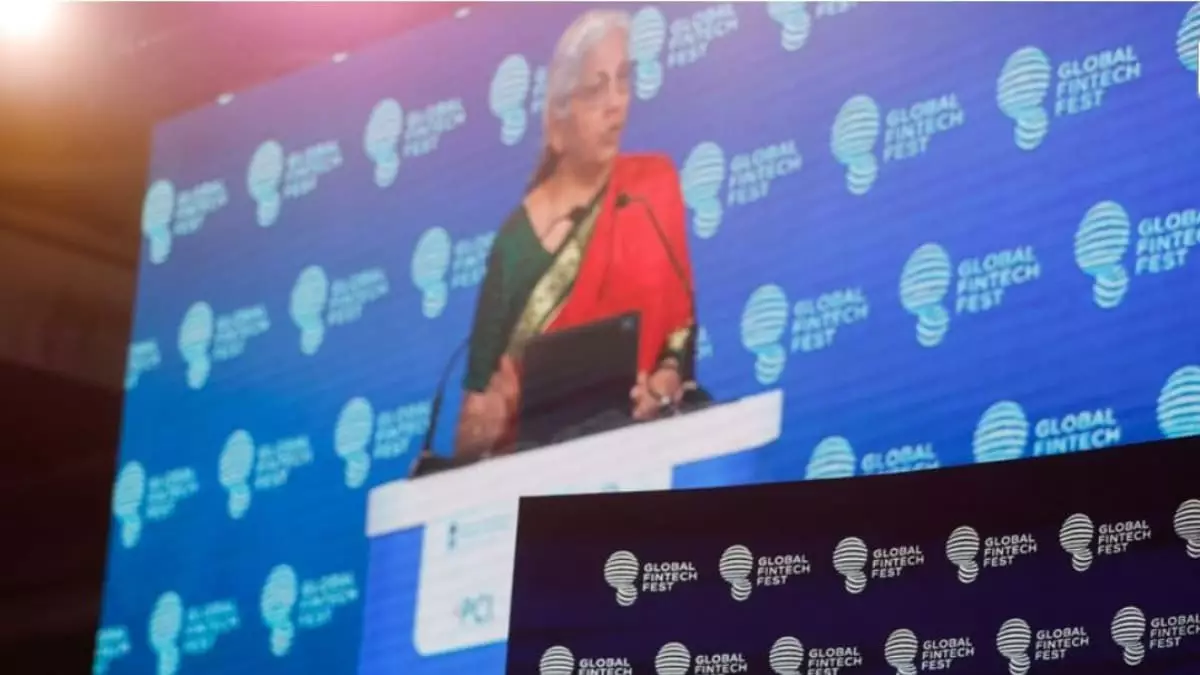The global community is currently engaged in discussions concerning the regulation of crypto assets, according to India’s finance minister, Nirmala Sitharaman. Recognizing the need for international cooperation, Sitharaman emphasized that the efficient regulation of cryptocurrencies cannot be achieved without the involvement and collaboration of all countries. Addressing a gathering in Mumbai, she highlighted India’s commitment to address the key issues related to crypto assets within the framework of its G20 presidency.
India’s proactive stance on crypto asset regulation stems from its belief in the necessity of a structured approach. Sitharaman emphasized the importance of recognizing and establishing a framework for addressing the challenges posed by cryptocurrencies. By acknowledging the need for an overarching framework, India seeks to create a systematic and uniform approach to handle issues related to crypto assets.
India has been at the forefront of advocating for global cooperation in regulating cryptocurrencies. In March, the Indian government announced that its existing money laundering laws would be extended to cover transactions involving cryptocurrencies. This move highlighted India’s commitment to combating illicit activities associated with digital assets.
India’s push for global regulation has gained support from prominent international bodies such as the International Monetary Fund (IMF) and the United States. In February, both the IMF and the US expressed their support for India’s efforts to tackle the challenges posed by crypto assets. This endorsement strengthens India’s position and underscores the importance of collective global action in addressing the issues surrounding cryptocurrencies.
While India is actively pursuing crypto asset regulation, its central bank, the Reserve Bank of India (RBI), has consistently expressed concerns over their use. The RBI has likened cryptocurrencies to Ponzi schemes and advocated for their ban. However, it is important to note that the Indian government’s push for regulation does not conflict with the RBI’s stance but rather seeks to establish a comprehensive and coordinated approach.
Despite ongoing discussions and endorsements, India is yet to finalize its legislation and regulations surrounding cryptocurrencies. The absence of clear guidelines and regulatory frameworks has created uncertainty within the crypto industry in India. However, India’s commitment to addressing these challenges is reflected in the fact that it has organized seminars for G20 member states to foster dialogue and develop a common framework.
The global community is actively engaging in discussions on regulating crypto assets, with India spearheading the effort as its G20 presidency. Recognizing the need for international cooperation, India advocates for a collective approach to address the challenges posed by cryptocurrencies. With support from key international bodies such as the IMF and the United States, India’s push for global regulation highlights the importance of unified action. Although India is yet to finalize its legislation and regulations, its commitment to regulating crypto assets serves as a testament to its proactive approach in adopting a comprehensive and structured framework for the digital age.


Leave a Reply